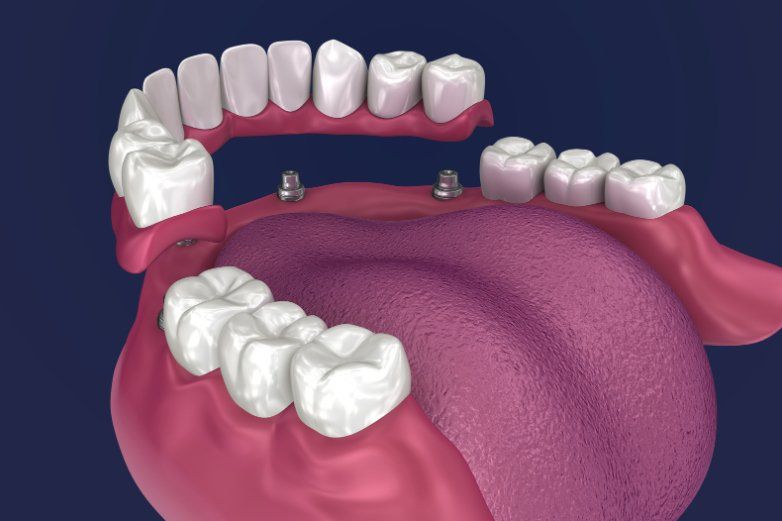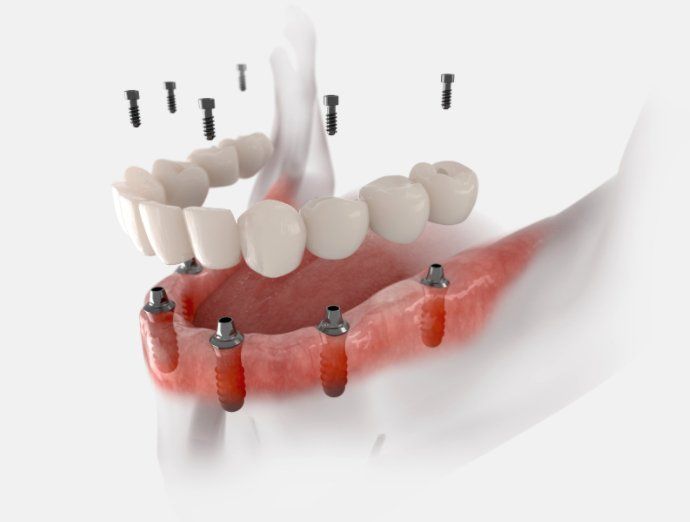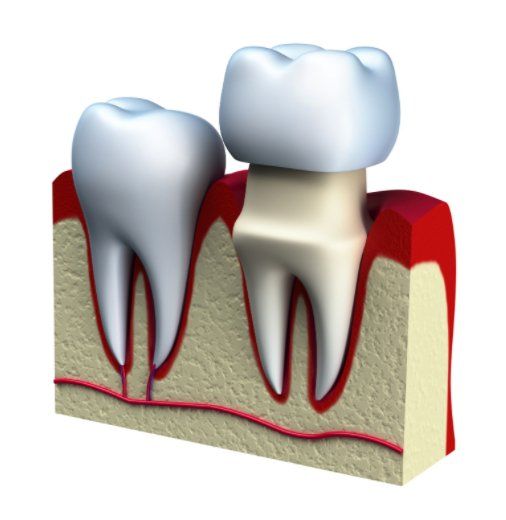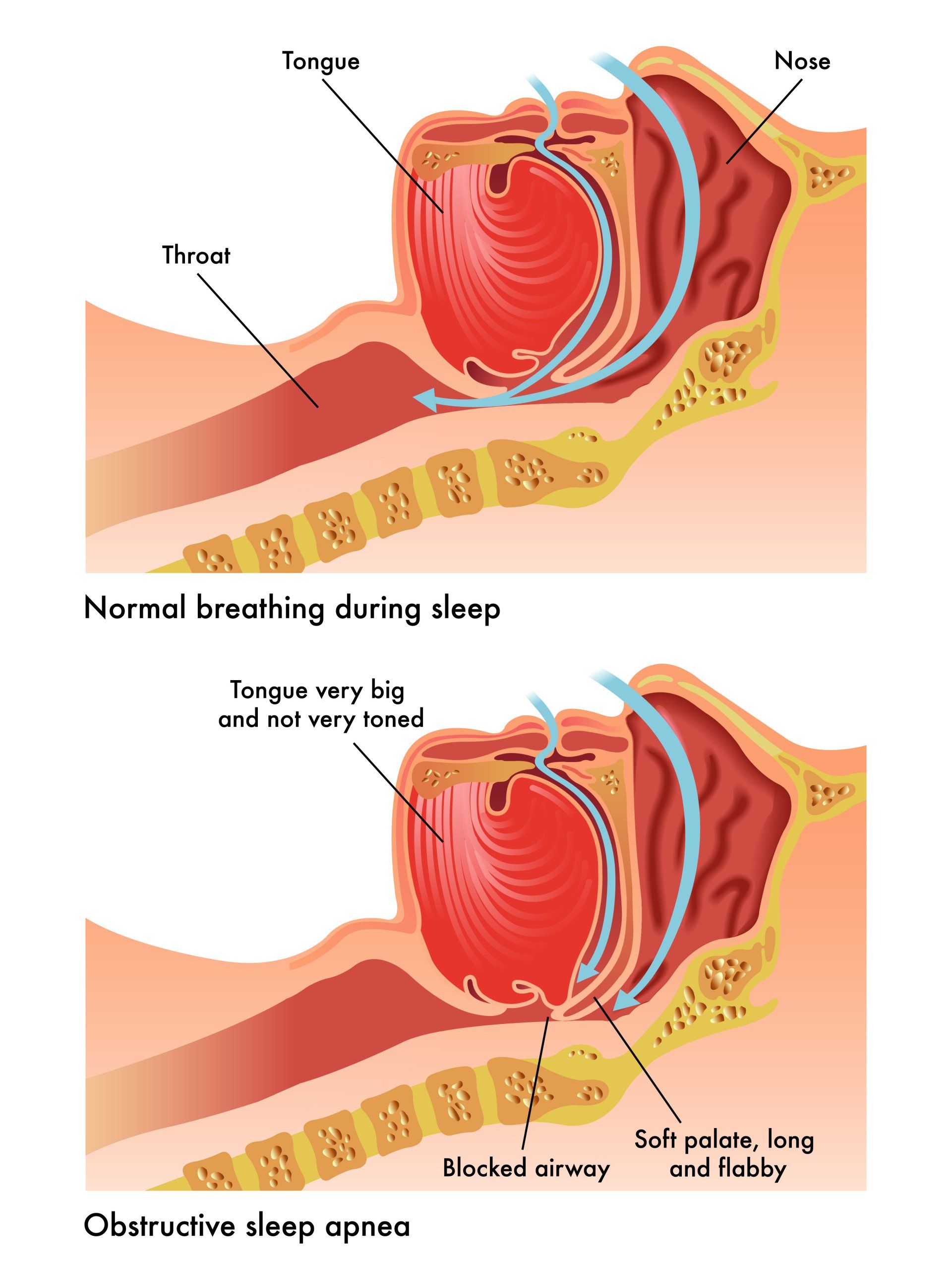What is a Root Canal?
Normally, a severely decayed tooth is removed so that the other healthy teeth will not be affected. Dentists suggest a root canal in some situations where the tooth can either be healed or saved. The method dentists use to save a rotting tooth is the root canal procedure. Our teeth have nerves which, because of a badly decayed tooth, may become inflamed and irritated. Repeated dental operations, a broken or chipped tooth, large fillings, and, in some cases, damage to the face are other sources of inflamed nerves.
The nerve and the pulp of the tooth are separated during a root canal operation and the inside is washed and sealed. The tissue surrounding the tooth will become infected without treatment and an abscess can form. The nerve of a tooth is not vitally necessary for the health and operation of a tooth after the tooth has come through the gums. Its only function is sensory—to give the impression of hot or cold. How the tooth functions would not impact the absence of a nerve.
When the nerve tissue or pulp of a tooth is weakened, it breaks down and the bacteria continue to spread inside the pulp chamber. Bacteria and other decayed debris can cause inflammation or abscessing of the tooth. An abscess is a pus-filled pocket that grows at the end of the tooth's roots. An abscess occurs as the inflammation extends past the ends of the roots of the teeth. This infection may cause severe discomfort and pain. Swelling may spread to other areas of the face. There may also be bone loss around the tip of the root. The most severe and most painful are the drainage problems which extend outward from the root of the tooth.
Causes for Needing a Root Canal
Root canal and crown treatment is necessary when the pulp, the soft tissue inside the root canal, becomes inflamed or infected. There are a whole lot of root canal causes, like deep decay, cracked or chipped teeth, and a faulty crown. In addition, injury to the tooth is also a root canal cause. It can cause damage to the pulp, even though the tooth has no noticeable chips or cracks. If pulp inflammation or infection is left unchecked, it can cause discomfort or lead to abscess.
There are many scientific explanations why root canal surgery is required, but there are also many practical reasons why preserving a natural tooth is a good decision. Endodontic surgery lets you preserve your natural smile, keep enjoying the food you enjoy, and eliminates the need for additional dental care. With good treatment, most of the teeth that have undergone root canal therapy will last a lifetime.
Does a Root Canal Hurt?
No, the root canal does not hurt. Your dentist recommends a root canal because your tooth is damaged. This damage is causing your pain. The root canal treatment is your dentist’s way of removing the discomfort you are feeling. Like other dental procedures, your endodontist will numb the area using a local anesthetic. Root canal pain is a misconception. The root canal treatment steps may scare you, but there is actually nothing to be afraid of. The root canal steps start with applying a local anesthetic to the affected area. Once the area is completely numb, the dentist or endodontist will work on rehabilitation of your root canal. You'll feel the movements inside your mouth and a little bit of pressure, but you should not feel any pain. If you do, your dentist will offer you more anesthetic. There is also an option of completing the root canal with sedation dentistry. This option lets the patient be more relaxed, or even sleep during a root canal.
You may feel a little tenderness in the area after the procedure, but you are going to feel a lot better after. After a few days, the area will be completely healed and you will be able to do your daily activities like before. The misconception of root canal pain is because it is often recommended to treat tooth pain. Modern anesthetics and technology can keep patients fully comfortable during the entire procedure. Several studies have revealed that this procedure offers a long term solution for tooth pains.
Our dental clinic offers a pain-free root canal service! Our dentist has very light hands and we assure you that your root canal treatment won’t be a traumatic experience like what others tell you. Let us discuss how we can save and rehabilitate your teeth -- without the pain! Call us and book an appointment now!
How Long does A Root Canal Take?
The root canal procedure will take between 90 minutes and 3 hours. It can often be completed on one appointment, but there are cases where it can take two sessions. It can be performed by a dentist or an endodontist. Endodontists have more advanced experience in root canal therapy. The time you're in a root canal dental chair varies depending on a variety of factors, including the nature of the infection and the particular tooth. Our team will fully discuss with you the root canal steps so that you can be familiar with the process before going through the procedure.










